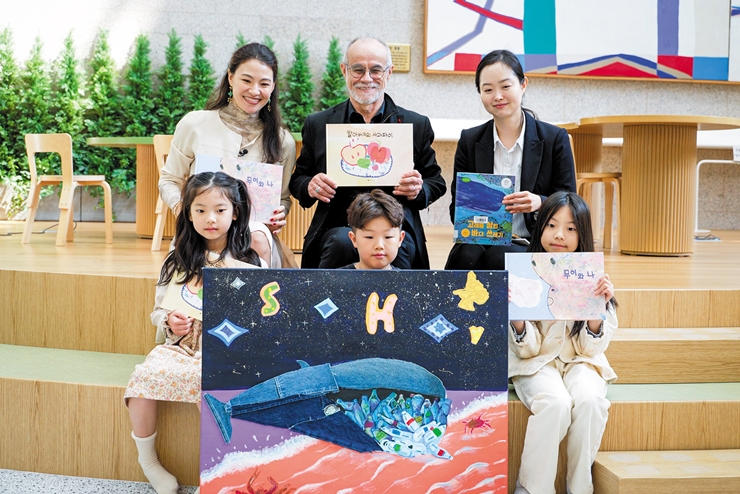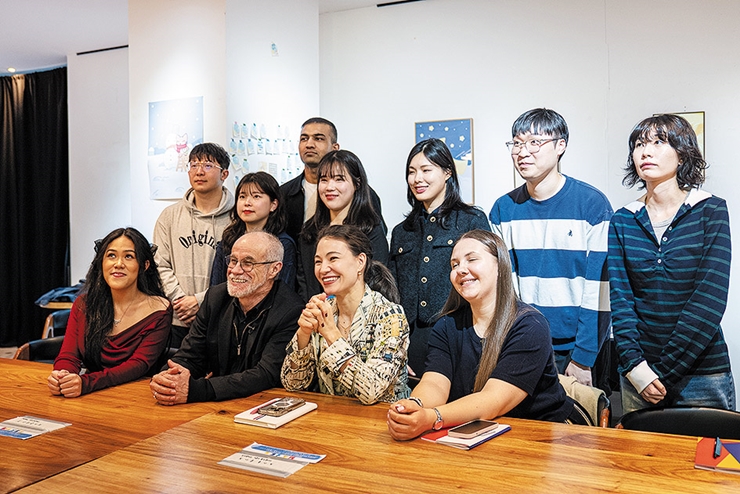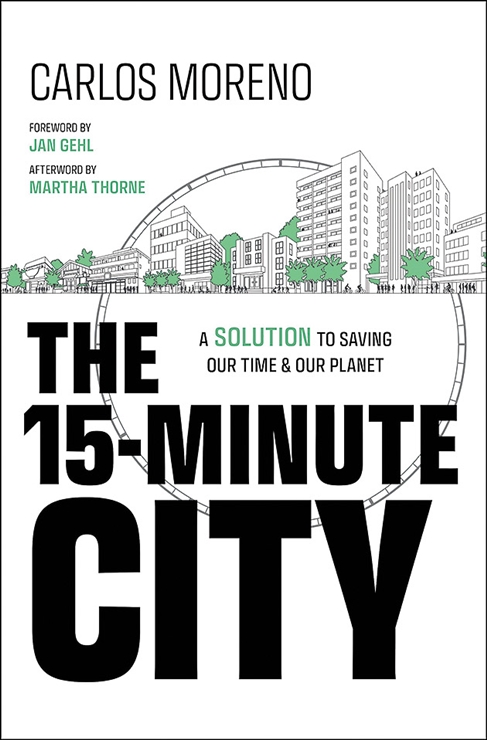Daily Busan
Busan leads the vanguard in reimagining urban life

Professor Carlos Moreno poses with citizens at the Deullak Nallak center in City Hall.

Mr. Moreno visits "Cheongnyeon Jakdangso."
Post-war Korea experienced rapid urbanization. The industrialization of the economy triggered a massive migration from rural to urban areas. Nearly 82% of Korea's population lives in urban areas today.
As in many parts of the world, the rise of cities in Korea coincided with the rise of automobiles. Cars became central to urban life, with wide streets cutting through neighborhoods and green spaces turning into parking lots. This car-focused development has harmed physical and mental health. Greenhouse gas emissions have accelerated climate change, and urban anonymity has eroded a sense of community. Though people live closer together, modern life has driven them further apart.

But it doesn't have to be this way. In "The 15-Minute City: A Solution to Saving Our Time and Our Planet," Carlos Moreno, a professor at the University of Paris 1 Pantheon-Sorbonne, argues for a different kind of city - one that puts people first.
Mr. Moreno envisions cities based on proximity, where residents can access essential services - such as work, healthcare, education and entertainment - within a 15-minute walk, bike ride or trip on mass transit. He argues for the necessity of reimagining urban areas and puts forward principles upon which cities should be organized.
Mr. Moreno's book is not just theoretical; in fact, his ideas are being implemented by hundreds of city officials worldwide. From Paris to Portland, from Melbourne to Milan, 15-minute cities are emerging across the globe.
One such place is Busan. Mr. Moreno dedicates a section of his book to chronicling Busan's embrace of the 15-minute model. He praises the city as "a pioneer in realizing this vision."
On multiple visits to the city, Mr. Moreno has seen firsthand the impact his ideas have had on Busan's urban planning. He quotes one official as saying, "The conception of Busan as a 15-minute city is an experimental and stimulating challenge that places us at the forefront of world cities. We are striving to identify and fill existing gaps, encouraging the active participation of all citizens to think and create together."
The active participation of citizens has resulted in tangible improvements in everyday life, such as the creation of Deullak Nallak children's centers, which offer educational, cultural and leisure experiences to families across the city. Busan has also invested in improving the physical and mental well-being of its citizens. The city has increased access to sports facilities, parks and green spaces to encourage citizens to exercise and spend time outdoors. It has also developed cultural landmarks, such as the Busan Concert Hall, to provide high-quality cultural experiences to citizens.
Mr. Moreno admires "the city's desire to create a local environment where the well-being of its citizens is a priority, while integrating respect for the environment and social cohesion," and applauds officials for fostering "effective management tailored to the specific needs of each neighborhood...strengthening residents' sense of belonging and commitment to their community."
These efforts have led Moreno to conclude that Korea is "home to a truly dynamic and creative ecosystem of research, innovation, practice, and development of happy proximity and the 15-minute city."
Editor: Ji Minkyeom, Song Soomi
Copy Editors: Anton J. Mapoy, Ryu Hyoseung

